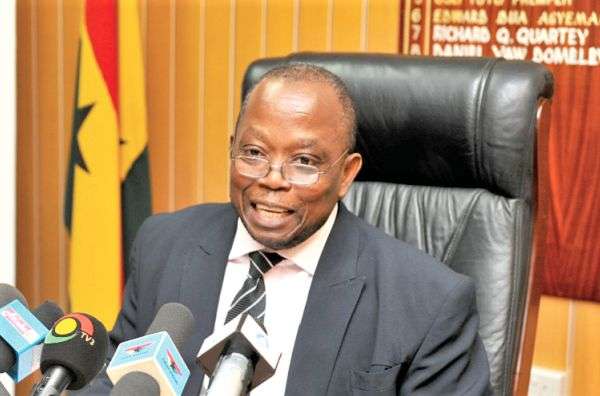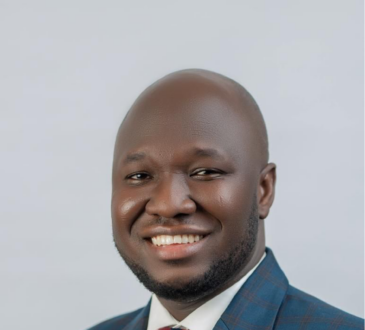
Former Auditor-General Daniel Yaw Domelevo has underscored the need to empower public auditing institutions to tackle fiscal irresponsibility among ministries, departments, and agencies (MDAs). Speaking at the launch of the third Fiscal Recklessness Index 2024 report by IMANI Africa and Oxfam Ghana, he emphasized that creating an Independent Fiscal Council without enhancing existing institutions would only exacerbate the financial burden on the state.
The report identified the Ministry of Finance as the most fiscally reckless institution. Domelevo highlighted the necessity of bolstering the capabilities of oversight bodies such as the Public Accounts Committee and the Internal Audit Agency to ensure improved financial accountability and governance within public institutions.
“There is a tendency in Ghana to establish new state institutions that ultimately become a burden on public funds. When they fail to perform, we often create yet another one,” Domelevo remarked. He advocated for strengthening existing institutions like the Attorney General’s office, the Auditor General, the Director-General of the Internal Audit Agency, and the Public Accounts Committee.
In response to these concerns, Finance Minister Dr. Mohammed Amin Adam announced the government’s plan to establish an independent fiscal council. This initiative aims to prevent Ghana from borrowing beyond its financial capacity and is seen as a crucial step towards reinforcing fiscal responsibility and stabilizing the nation’s economic outlook following a domestic debt crisis.
During a side interview at the 2024 Annual Meetings of the International Monetary Fund (IMF) and the World Bank Group, Dr. Amin Adam elaborated on the importance of this initiative in maintaining sustainable debt levels and avoiding a recurrence of recent debt struggles. He explained that the proposed fiscal council would function as an autonomous body responsible for monitoring government borrowing practices and enforcing adherence to newly established debt limits.
The Finance Minister clarified that the fiscal council will operate independently of direct government control, primarily ensuring compliance with fiscal rules regarding borrowing and debt repayment.
“The domestic debt restructuring was a painful exercise for the people of Ghana, who made significant sacrifices. They are now demanding fiscal discipline and stability, making it imperative that we avoid a return to unsustainable debt,” he stated.
Dr. Amin Adam also mentioned that the government is implementing extensive structural reforms, including enhancing existing fiscal responsibility legislation to impose self-defined debt limits. The fiscal council will be integral to monitoring progress in debt management, ensuring that government borrowing and repayment practices remain within these limits.







